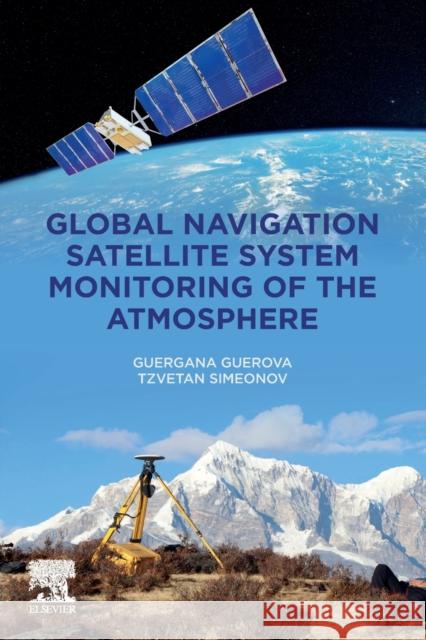Global Navigation Satellite System Monitoring of the Atmosphere » książka
topmenu
Global Navigation Satellite System Monitoring of the Atmosphere
ISBN-13: 9780128191521 / Angielski / Miękka / 2021 / 182 str.
Kategorie:
Kategorie BISAC:
Wydawca:
Elsevier
Język:
Angielski
ISBN-13:
9780128191521
Rok wydania:
2021
Ilość stron:
182
Waga:
0.25 kg
Wymiary:
22.86 x 15.24 x 0.99
Oprawa:
Miękka
Wolumenów:
01
Dodatkowe informacje:
Bibliografia
Wydanie ilustrowane
Wydanie ilustrowane











